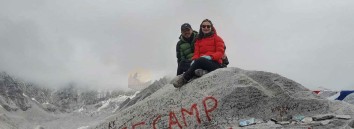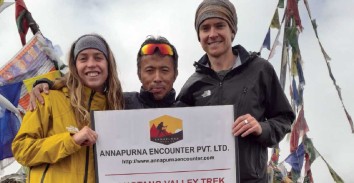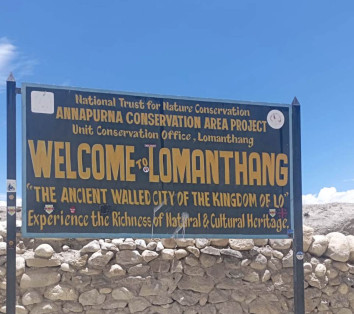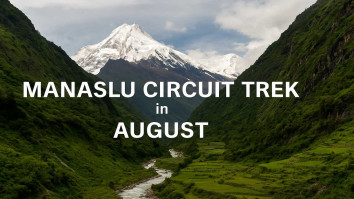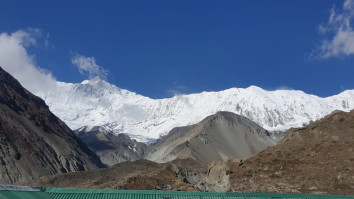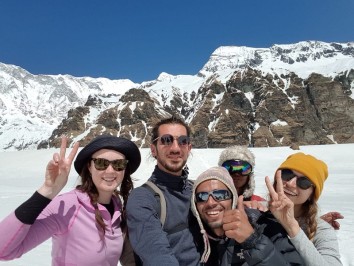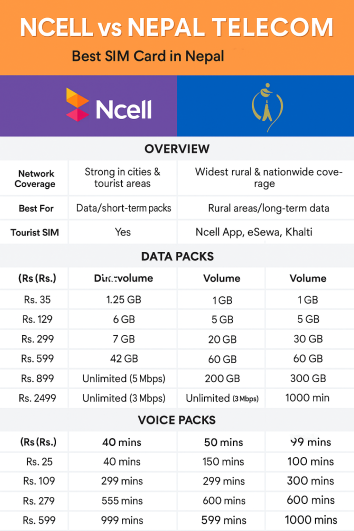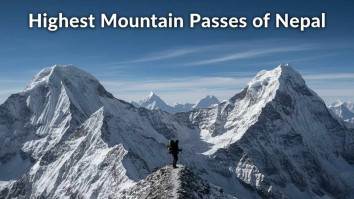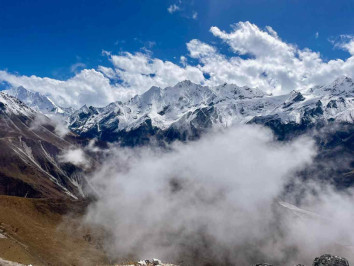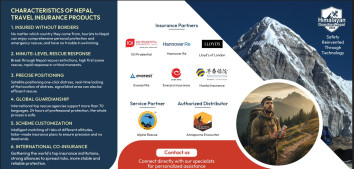Drone Filming in Nepal: Official Laws, Registration, and Permit Rules (2025 Guide)
-1.jpg)
9th May, 2025
- Prajwal Acharya
Nepal is a dream destination for drone operators, offering Himalayan landscapes, ancient temples, and culturally rich aerial potential. However, drone operations are tightly regulated. Any person or organization looking to film, survey, or fly drones in Nepal must follow national aviation laws, conservation area policies, and local administrative procedures.
Table of Contents
This 2025 guide provides a complete summary of the laws governing drone filming in Nepal, including CAAN registration, Home Ministry flight rules, permit costs, airspace restrictions, and protected area regulations.
1. Drone Classification by Weight (MTOW – Maximum Take-Off Weight)
| Category | Risk Level | MTOW | Typical Use |
|---|---|---|---|
| A | Very Low Risk | Less than 250 g | Toy, home use, indoor flight |
| B | Low Risk | 250 g – 2 kg | Hobby, small-scale aerial footage |
| C | Regulated Low Risk | 2 – 25 kg | Commercial filming, mapping |
| D | Regulated High Risk | Above 25 kg | Industrial, security, logistics use |
2. CAAN Drone Registration (Valid for 3 Months)
All drones above Category A must be registered with CAAN using RPA/Form/01.
Documents Required:
-
Completed RPA/Form/01
-
Owner/company name, address, contact
-
Passport-size photo of applicant
-
Drone details: manufacturer, model, serial number, manufacture year, type, payload, color, retailer
-
Citizenship/passport or company registration
-
Drone manual and specification sheet
-
Photo of drone with model and serial number
-
Purpose of operation
-
VAT bill (if bought in Nepal)
-
Customs clearance (if imported)
Fee: USD 50 + 13% VAT
Validity: 3 months
3. Pilot Qualifications (Ministry of Home Affairs)
Drone pilots must:
-
Be at least 18 years old
-
Have basic flight control and technical training
-
Understand radio frequency operations
-
Know how to land/take off and control the drone safely
-
Must not interfere with telecom, security, or aviation systems
-
May need third-party insurance for commercial flights
4. Flight Limits and No-Fly Zones
Prohibited flight times:
-
Between midnight and sunrise
-
When ground visibility is <5 km or cloud ceiling <450 m
Restricted Areas (unless authorized):
-
Within 5 km of airports or air routes
-
Within 5 km of international borders
-
Kathmandu: Maitighar Mandala, Swayambhunath, Pashupatinath, Boudhanath, Budhanilkantha, all Durbar Squares, Singha Durbar, and residences of VIPs (within 1000 m radius)
-
500 m radius around military/security headquarters
-
Cultural, religious, archaeological, and government buildings
-
Hospitals, dense urban zones, and private property
-
Areas affecting frequencies used by telecom, aviation, or security agencies
-
Personal privacy and public safety zones
Flight restrictions:
-
Max altitude: 100 meters
-
Max horizontal distance: 300 meters
-
Max endurance: 15 minutes per flight
-
Permits must be coordinated with the local CAAN and CDO offices
5. Filming Laws and Permit Conditions (As per Nepal Gazette Vol. 68 No. 34)
Legal Drone Permit Fees for National Parks, Conservation Areas
| Applicant Type | Documentary Filming Fee |
| Nepalese Citizens | NPR 10,000 |
| Citizens of SAARC Countries | NPR 50,000 |
| Citizens of Other Countries | USD 1,500 or equivalent in NPR |
Additional Charges:
-
An extra 25% fee is levied when shooting a film or documentary (including drone use) that captures scenic or cultural landscapes. This fee applies on top of the base permit cost.
-
This rate applies specifically to filming in protected zones managed by NTNC and DNPWC such as Annapurna, Manaslu, Everest, Langtang, and Chitwan.
Liaison Officer Requirement:
-
For foreign filming teams, the Department of Information or Tourism assigns a liaison officer to accompany the crew throughout the shoot.
-
The liaison officer is mandatory for projects involving drones.
-
The production team must cover the officer’s daily allowance, travel, food, and accommodation.
-
This rule applies to all international drone shoots labeled as documentary or cinematographic projects.
Non-Documentary Drone Use:
-
According to Clause (j) of the Gazette: "When using drones for purposes other than documentary, after completing the usual procedure, the prescribed fee for cinematography (documentary, film) will be charged."
-
Even if your drone shoot is not labeled as a film or documentary, you are still obliged to pay the full filming fee. Recreational or commercial drone activities must follow the same legal and financial framework.
Summary of Drone Filming in Nepal:
| Aspect | Details |
| Registration | Required through CAAN (USD 50 + 13%) |
| Permit Authority | Department of Information, NTNC, or DNPWC |
| Nepalese Fee | NPR 10,000 |
| SAARC Nationals | NPR 50,000 |
| Other Foreign Nationals | USD 1,500 |
| Additional Filming Charge | 25% of base fee for cinematography |
| Liaison Officer | Mandatory (appointed by government) |
| Approval Time | Usually same-day, if documents are complete |
6. Permit Exemptions from Ministry of Home Affairs
Flight permit is not required in the following cases:
-
Category A/B drones (under 2 kg), flying under 200 ft AGL within university or study centers, with institutional approval and prior police notification
-
Government drones (Cat A/B) used for official purposes with prior information to local administration
-
Cultural or personal events within private homes using Category A drones, under 50 ft AGL, with prior police information
7. Enforcement and Penalties
-
Unauthorized drones will be confiscated immediately and handed over to CAAN
-
Violators are prosecuted under the Civil Aviation Act, 2053 and the Electronic Transactions Act, 2063
-
Drone flight permits are non-transferable
-
Security forces may seize drones flown in restricted zones without consultation
-
Any violation of no-fly conditions will lead to legal and financial penalties
Conclusion
Drone filming in Nepal is legally possible—but only through strict compliance with national, district, and conservation laws. CAAN registration, Home Ministry clearances, frequency approvals, and conservation area permits are mandatory for legal operations.
Annapurna Encounter Pvt. Ltd. can assist with:
-
Drone registration and application preparation
-
Ministry and district-level approvals
-
Protected area permit processing (NTNC/DNPWC)
-
Liaison officer coordination
Contact us today for professional drone logistics and compliance in Nepal's most scenic regions.
Recent From Travel Guide
.jpg)
18th Jan, 2023
_11zon.jpg)
18th Jan, 2023
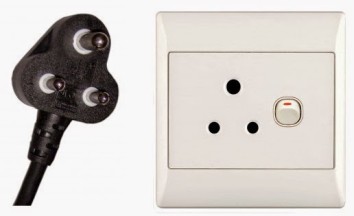
18th Jan, 2023
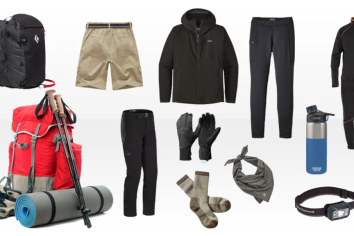
18th Jan, 2023

8th Dec, 2023
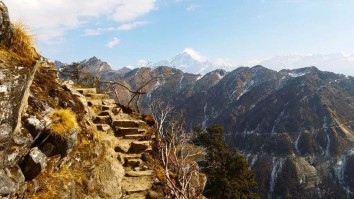
9th Dec, 2023
.jpg)
11th Feb, 2025
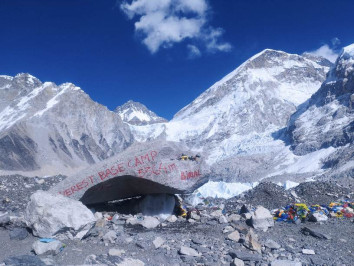
13th Dec, 2023
_11zon.jpg)
18th Dec, 2023
.jpg)
2nd Jan, 2024
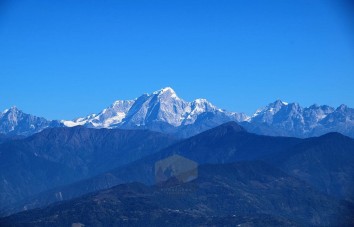
3rd Jan, 2024
_11zon.jpg)
23rd Jun, 2025

24th Jan, 2024
.jpg)
30th Jan, 2024

4th Feb, 2024

5th Feb, 2024
-4.jpg)
6th Feb, 2024

12th Feb, 2024
_11zon.jpg)
18th Feb, 2024
-1.jpg)
7th Mar, 2024

12th Mar, 2024
.jpg)
13th Mar, 2024
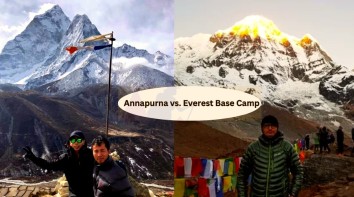
20th Mar, 2024
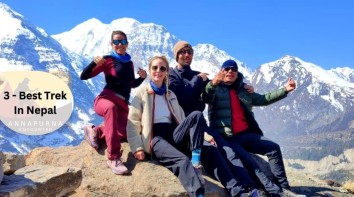
26th Mar, 2024

14th Jan, 2025

14th Jan, 2025
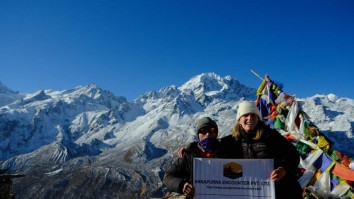
16th Jan, 2025

18th Jan, 2025

20th Jan, 2025

24th Jan, 2025

5th Feb, 2025

5th Feb, 2025
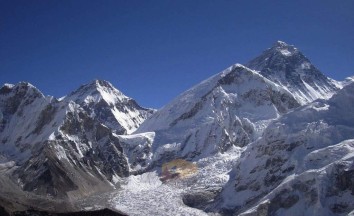
9th Feb, 2025

14th Mar, 2025
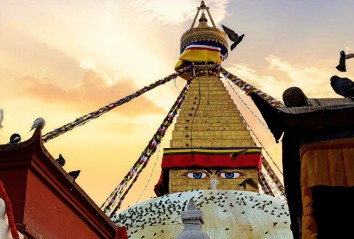
3rd Apr, 2025
.jpg)
11th Apr, 2025
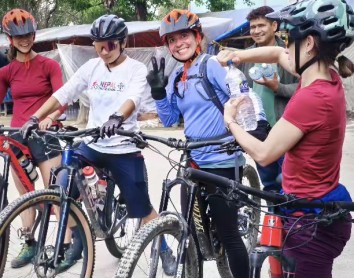
16th Apr, 2025
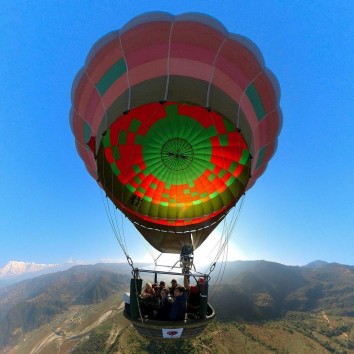
20th Apr, 2025
.jpg)
27th May, 2025
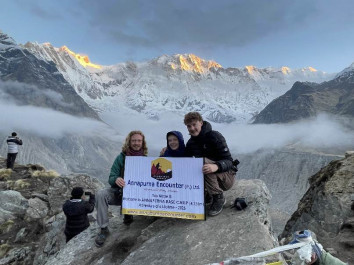
14th Jun, 2025

15th Jun, 2025
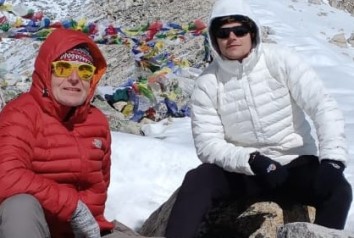
17th Jun, 2025
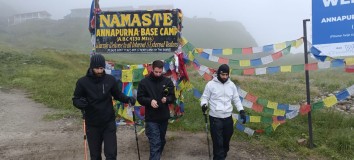
18th Jun, 2025
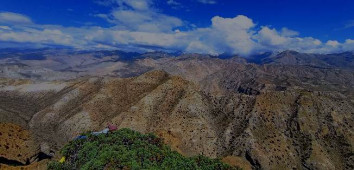
19th Jun, 2025

23rd Jun, 2025
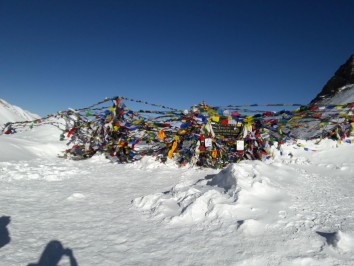
24th Jul, 2025


.jpg)
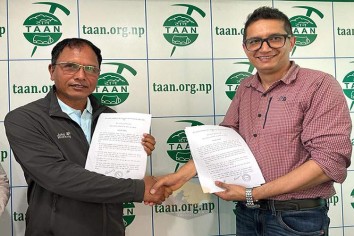
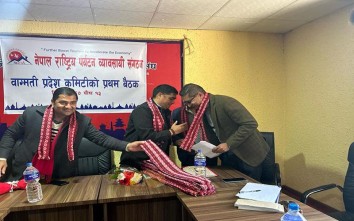
.jpg)
_11zon.jpg)
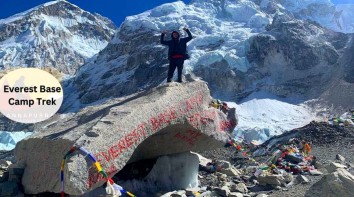
.jpg)
.jpg)
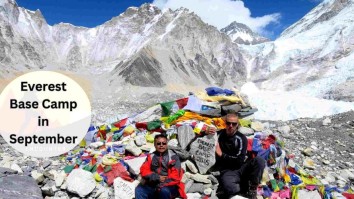
.png)
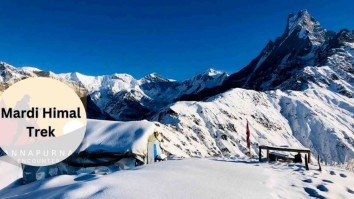
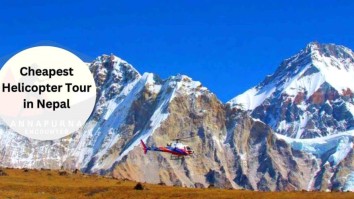
.jpg)
.jpg)
-1.jpg)
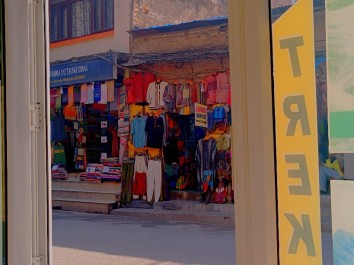
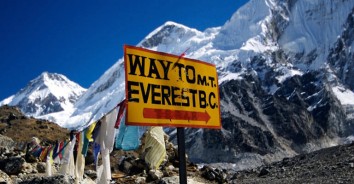
.jpg)
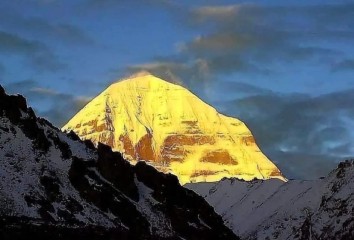
-1.jpg)
